CSUF Digital
Building Digital Ethnic Futures and Advancing Digital Scholarship at CSUF and Beyond.
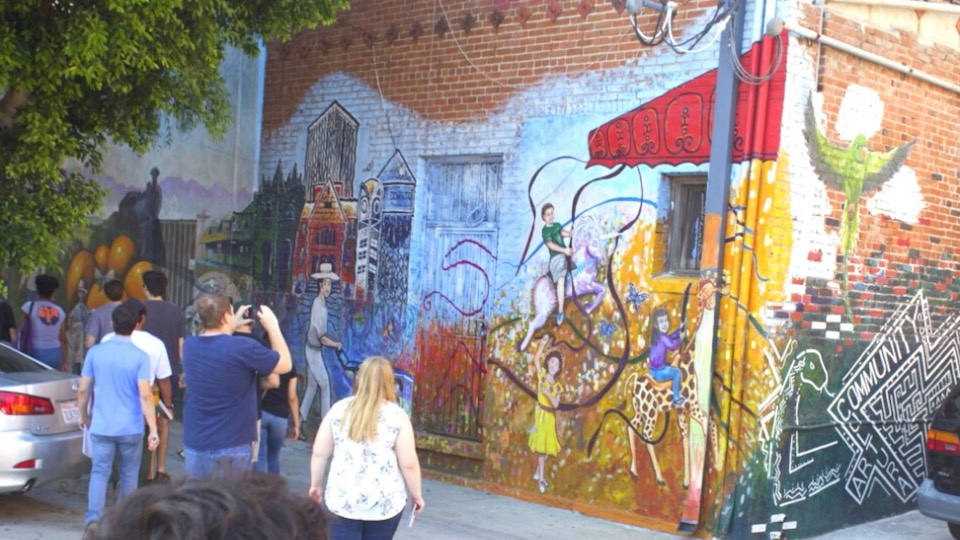
Play Video about Welcome Titans! We are CSUF Digital
Building Digital Ethnic Futures and Advancing Digital Scholarship at CSUF and Beyond.

Subscribe to the DH@CSU Weekly Assemblage Newsletter and see what's happening in Digital Humanities across the CSUs!
The Digital Ethnic Futures Initiative at California State University invites graduate student applicants to apply for a dynamic 4-month GRA position. The GRA will work with one of our 2023 Faculty Research Fellows Dr. Rob Castro on an exciting project to excavate and code Indian Captivity in the online 19th-century Baptismal records of Our Lady of Guadalupe Mission Church Parish in Sapello, NM.
The GRA will also receive technical training, support, and mentoring from the Digital Ethnic Futures team and a $1200 stipend which can be used as compensation for research time, to pay for childcare, or to support advanced training and engagement with digital tools, workshops or convenings.
Eligibility: All CSUF graduate students and recent graduates with Fall 2022 or later graduation dates are eligible to apply.
The ideal candidate for this GRA will be able to…
DEADLINE COMING UP on Dec. 21 !
Get the details from two prior info sessions to learn more about applying for a fellowship with CSUF DEFCon!
Get the details:
The digital humanities initiative at CSUF officially launched in the College of Humanities and Social Sciences in 2015 with the appointment of two new faculty in the Department of History to specifically advance curriculum in digital humanities and new media in history.
Since then, the initiative has grown under the leadership of Dr. Jamila Moore Pewu to include: a long running DH Colloquium series and Keynote address; several grant funded digital public humanities projects, multiple cohorts of graduate students pursuing fully digital MA projects; two new courses in digital humanities theory and practice, and successful collaborations with CSUF’s digital literacy librarian Colleen Robledo Greene and other faculty and library staff who are invested in establishing communities of practice to support digital scholarship, digital literacy and community engaged digital ethnic studies broadly.
To formalize these collaborations and build campus leadership around supporting & sustaining digital scholarship at CSUF, Dr. Moore Pewu began applying for institutional capacity building grants, and in 2021 these efforts were rewarded with the largest single contribution to CSUF’s Digital Humanities initiative, a three-year, $3 Million capacity building grant from the Andrew A. Mellon Foundation. The Mellon Funded Digital Ethnic Futures Grant, supports the establishment of a national consortium of professionals engaged in digital humanities research, teaching, and ethnic studies at regional public colleges and universities.
As a Co-Principle Investigator, on this grant and a lead institution in the DEFCon consortium, Dr. Moore Pewu and the CSUF DEFCon team are cultivating and training the next generation of Digital Humanities practitioners from amongst CSUF’s faculty and staff, with the expectation that they will craft innovative research and pedagogical experiences that center first-generation and minority students along with the communities they call home into the broad fields of digital humanities and digital studies.
Support new curriculum development in digital ethnic studies fields ✨
Provide mentorship and support for faculty and staff engaging in digital scholarship ⚡️
Cultivate the next generation of DH scholars by providing students with mentoring and practicum experiences ✨
Curate community engaged DH projects and conversations 💫
Enhance the university’s infrastructure and capacity to support digital scholarship 🪐
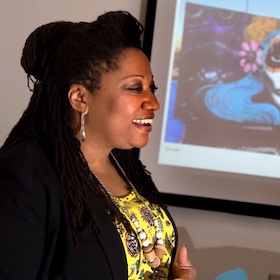
Principal Investigator, Associate Professor in History
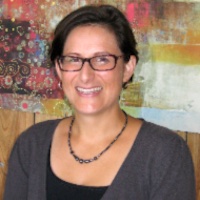
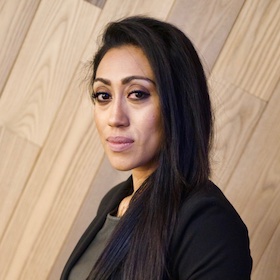
Outreach Coordinator, Lecturer in African American Studies
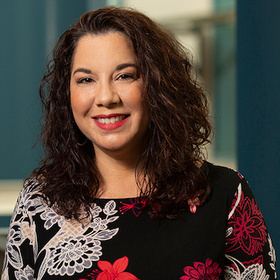
CSUF Pollak Library Digital Scholarship Librarian
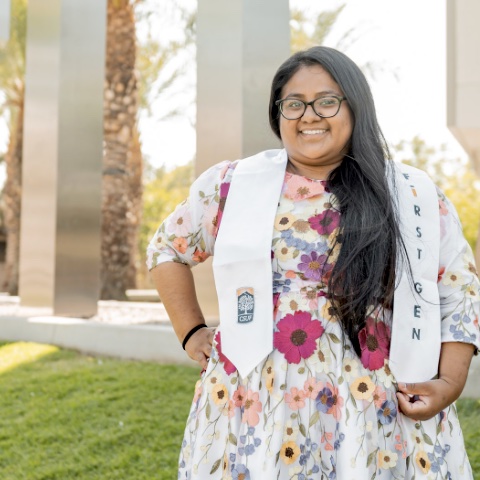
Research Associate, History MA Student
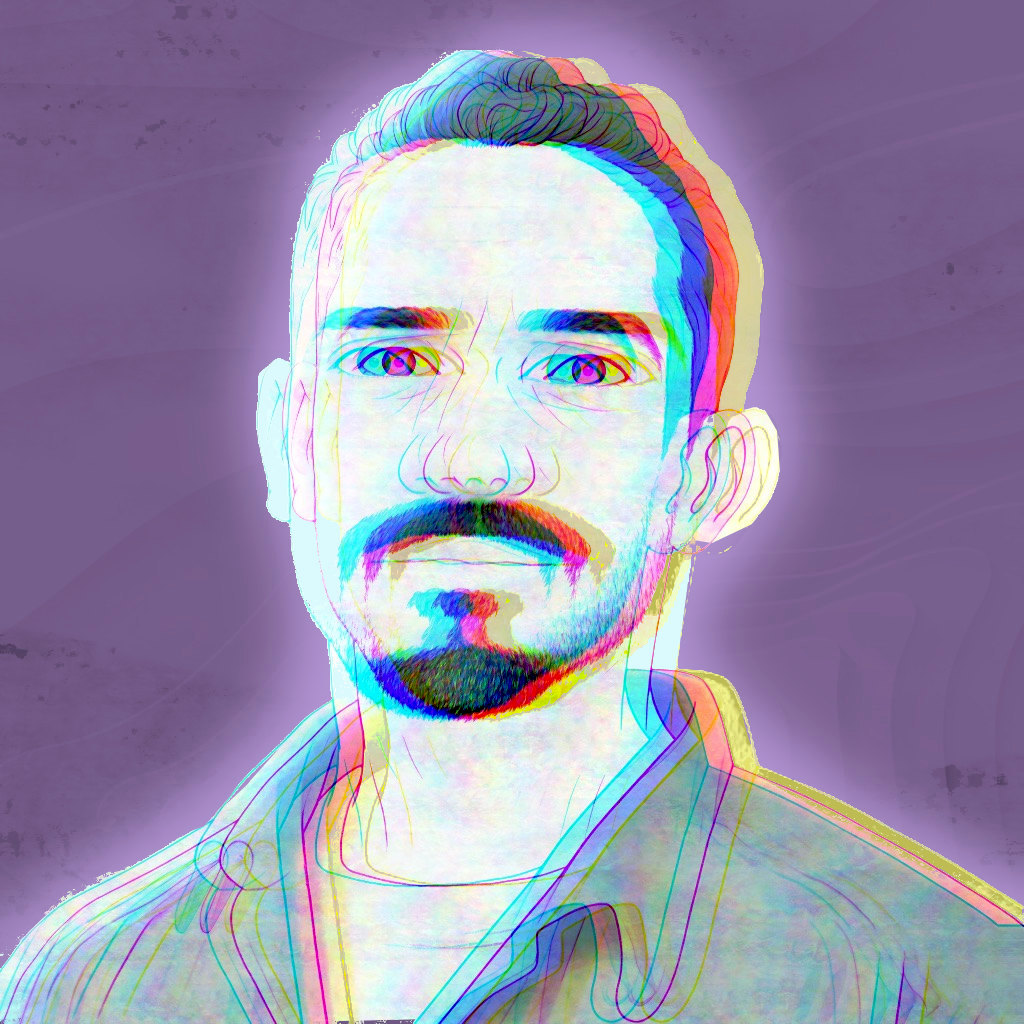
Since 2016 the digital humanities initiative at California State University has received funding from the departments, colleges and institutions below. Thank you for your support!




Digital humanities is collaborative, it’s participatory, it’s visual, and while it does not have to be “new” or cutting edge, it does have to be innovative. Thus, we promote an engagement with digital tools and technologies that helps us critically engage historically marginalized communities, rethink historical questions and contemporary problem spaces, and contemplate new digital futures for first-generation students.
Watch the video to learn more about why CSUF is uniquely poised to advance a community engaged digital practice.
Attend in person or virtually. Meet other faculty, staff, and students who joined CSUF DEFCon only recently and see demos of what they have produced already.
April 10th, 2024 • 2:30-3:45pm

Since 2021, we have been developing a new mapping platform to enable features for better storytelling around both artists & neighborhoods of the public art in Orange County.
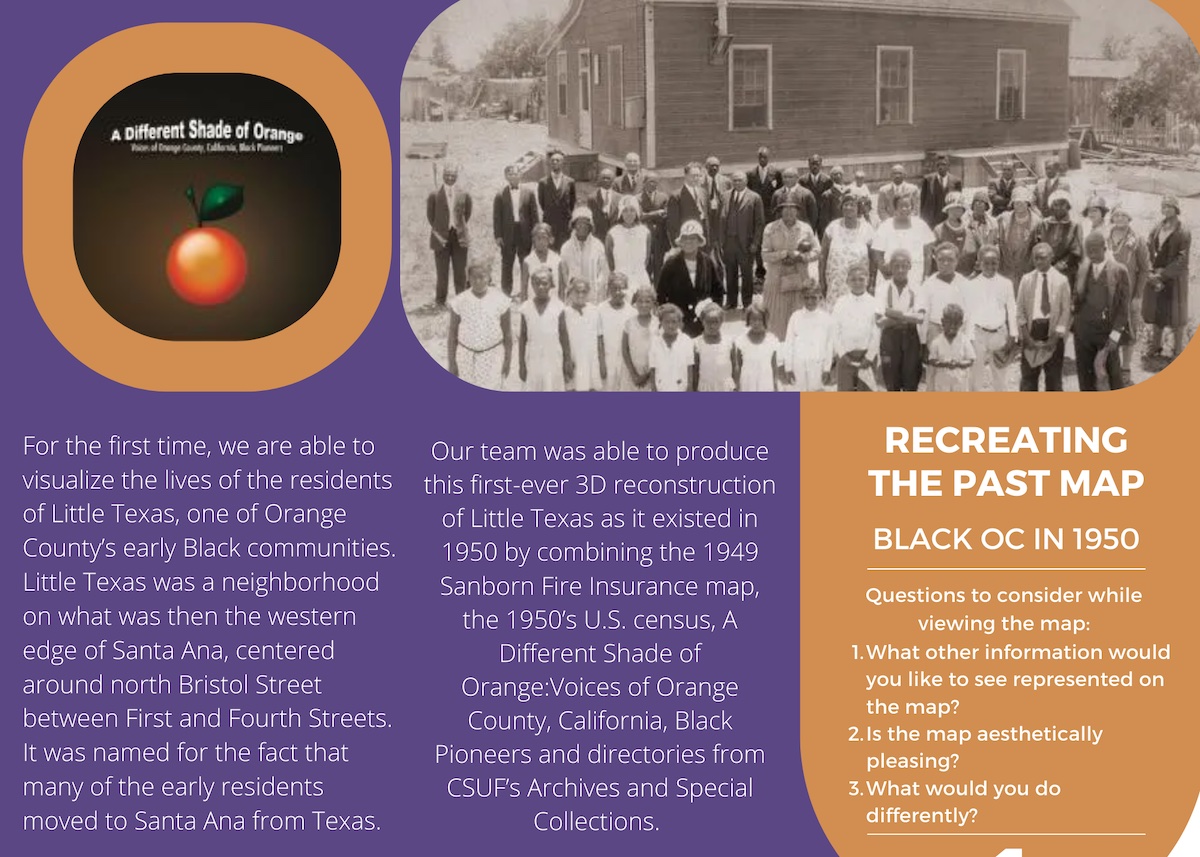
Launched in 2022, this project seeks to creatively document the past, present and future of Black-Owned businesses & community organizations in Orange County, using interactive digital maps and data storytelling.
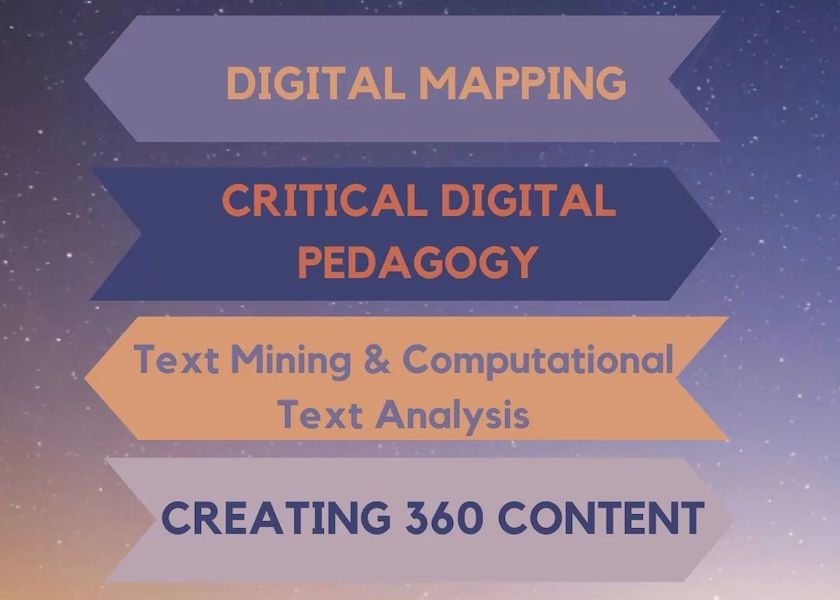
We organize amazing facilitators throught the year to offer skills-based sessions, grounded in theory. In 2022 we held DH Summer Connect with eight different workshops. In Spring 2023 we hosted seven more, and then to celebrate autumn held a Fall into DH series. Check out what's on tap for the coming semester:
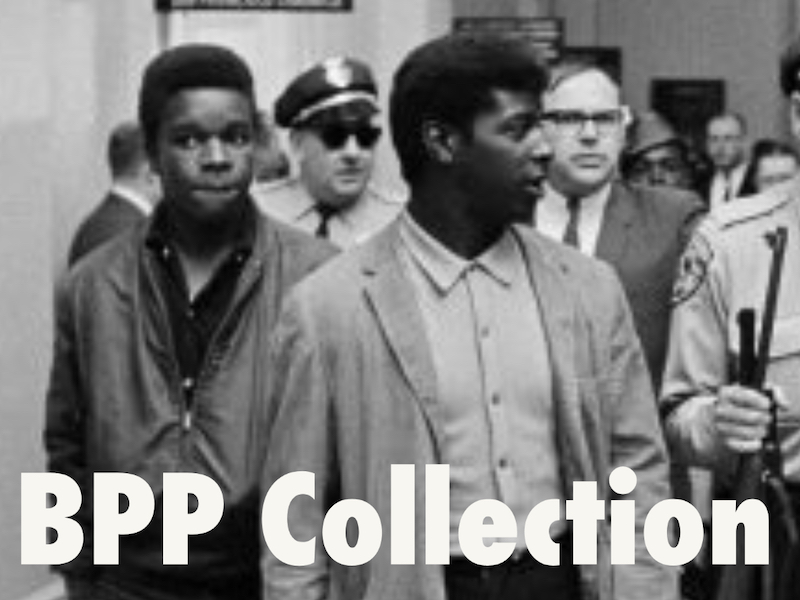
Their first initiative is to provide public access to the 2-box collection of original Black Panther Party artifacts held at the California State Library in Sacramento.



Keep up with our different projects on Instagram and the web. And reach out to connect about other digital humanities projects!
d.h@fullerton.edu or jmoorepewu@fullerton.edu